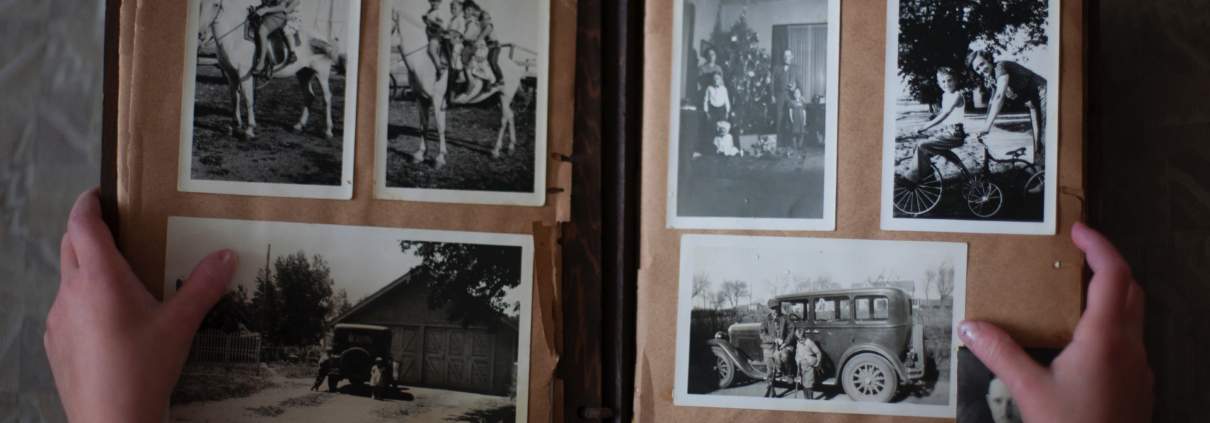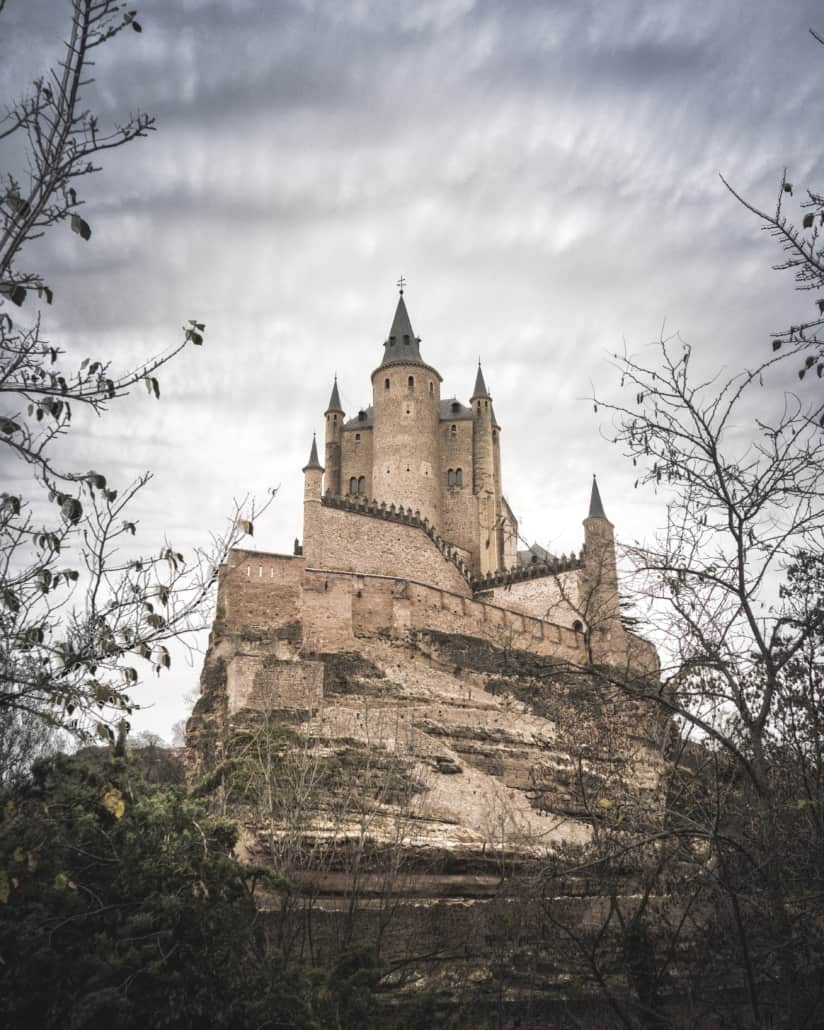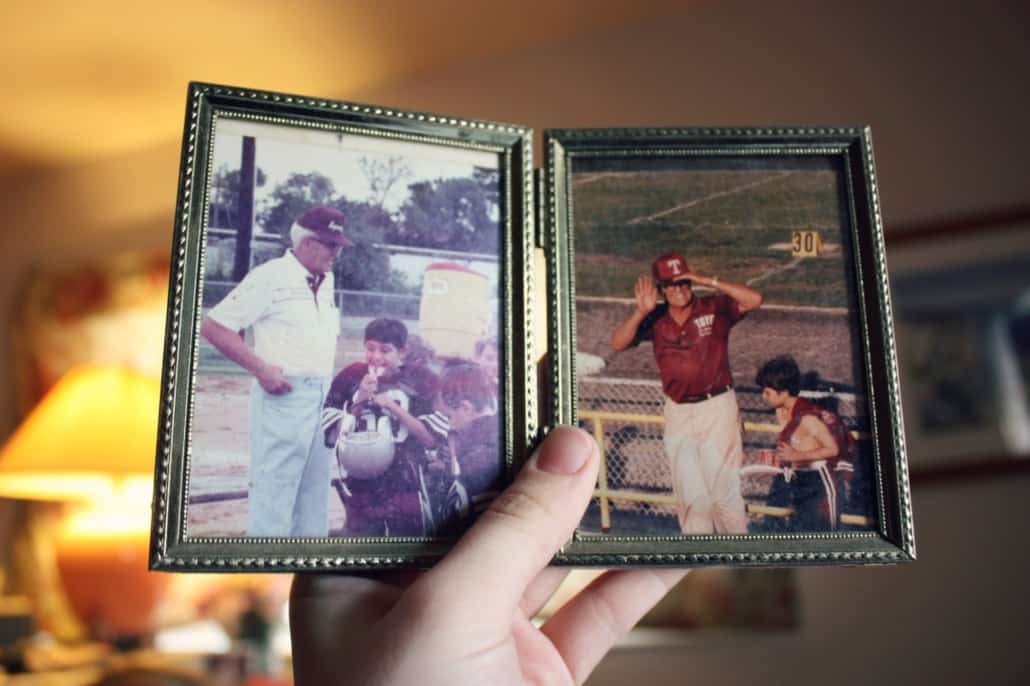|
Getting your Trinity Audio player ready...
|
You WILL Leave a Legacy, Like It or Not
This week I want to tackle a topic that many people talk about, but don’t always mean the same thing when they use the word.
Legacy is a big word, despite it only being six letters long.
I’ve been paying attention to people who write and speak about it for about a decade now, and while I don’t consider myself to be the authority on the subject, I definitely have some strong feelings about some parts of it that I want to share.
I also want to give a bunch of tips of the hat to some of the people from whom I’ve gleaned some of the wisdom I’ll now attempt to spout.
This Is NOT Optional
My first hat tip is to David York, whose words have inspired several of my weekly posts over the years. See, for example, Striving for the All and Nothing Inheritance.
York talks about the fact that leaving a legacy is not optional, i.e. you will leave one, whether you like it or not.
Will it be large or small? Will it be positive or negative? Will it last centuries or fade within months? These are perhaps the questions you should concern yourself with, but some sort of legacy will survive each of us.
Once we understand and accept this fact, hopefully it’ll help focus some of our actions in ways that ensure that the legacy we eventually leave will look something like what we’re hoping for.
Wealth Is NOT a Legacy
My next hat tip is to David Werdiger, for reminding me via his most recent newsletter, of a quote from the man who deserves thousands of hat tips from all of us, James E. Hughes Jr., aka Jay Hughes.
Werdiger quotes Hughes as saying:
“Founders Create Wealth, but Heirs Create Legacies”
We’ll get more into dissecting the second part of that in a minute, but for now let’s concentrate on the founders and the wealth.
Too many founders believe that the wealth they created will be their legacy, and hence the more wealth, the greater the legacy.
They then continue focusing on making their proverbial pie as big as possible, on the mistaken assumption that quantity and size are what are worth striving for, in order to ensure a long-lasting legacy.
That’s a short-sighted view.
There’s no such thing as a fortune that’s “too big” to screw up. In fact, there are plenty of examples of “positive correlation” on those scores.
Don’t Forget the People Part
My final hat tip is to Tim Belber, who inspired this post way back in 2017, called Is Your Continuity PAL in Danger?
Belber’s argument is framed as an equation: P + A = L.
People, plus assets, equals legacy.
What he means is that while anyone’s legacy will involve the assets they accumulated in their life, there won’t really be a legacy, unless there are people who care enough about it to carry it on into the future.
I sometimes talk about the fact that when we’re babies, someone changes our diapers, but at the other end of life, sometimes diapers are again needed, and now instead of changing the diapers of our children, it’s likely our offspring who will be in charge of changing ours.
If you want them changed with love (and in a timely manner), best make sure the relationships with your offspring, who may be calling the shots, are properly maintained and nurtured.
Preparing the Heirs for the Assets
All of this falls nicely in the category of preparing your heirs to receive the assets they’ll eventually inherit.
So much effort is typically put into the other end of that equation, i.e. preparing the assets for the heirs.
What wise people and families are finally realizing is that the time and effort spent on preparing heirs is never wasted.
Back to the Title of this Post
As I thought about the title for this piece, I stumbled into the idea of pride and whether or not your heirs will be proud of the legacy they inherit.
I don’t think it’s an exaggeration to think that this is the key element required in the legacy one leaves.
If more people lived their lives with this type of “top of mind” motto, “I will act in ways that enhance my legacy. knowing that my children will be proud to keep my legacy alive”, that would probably be a good thing.






